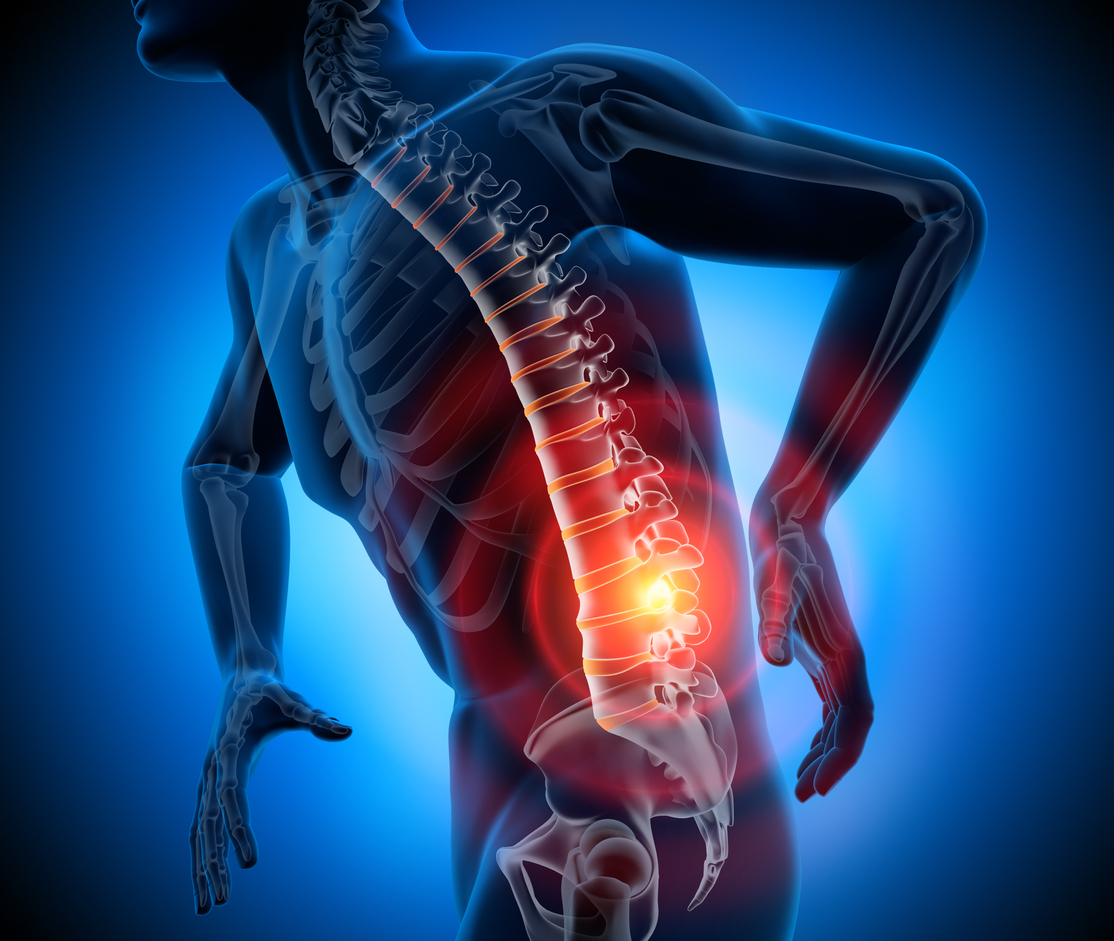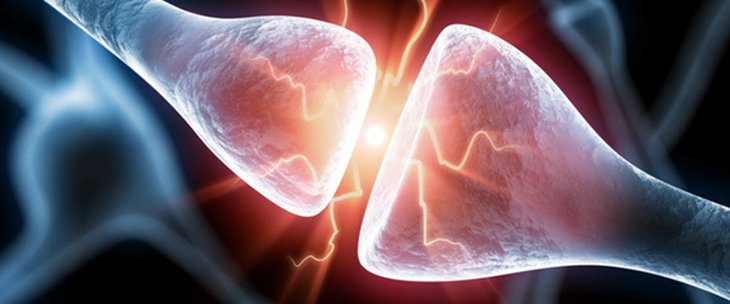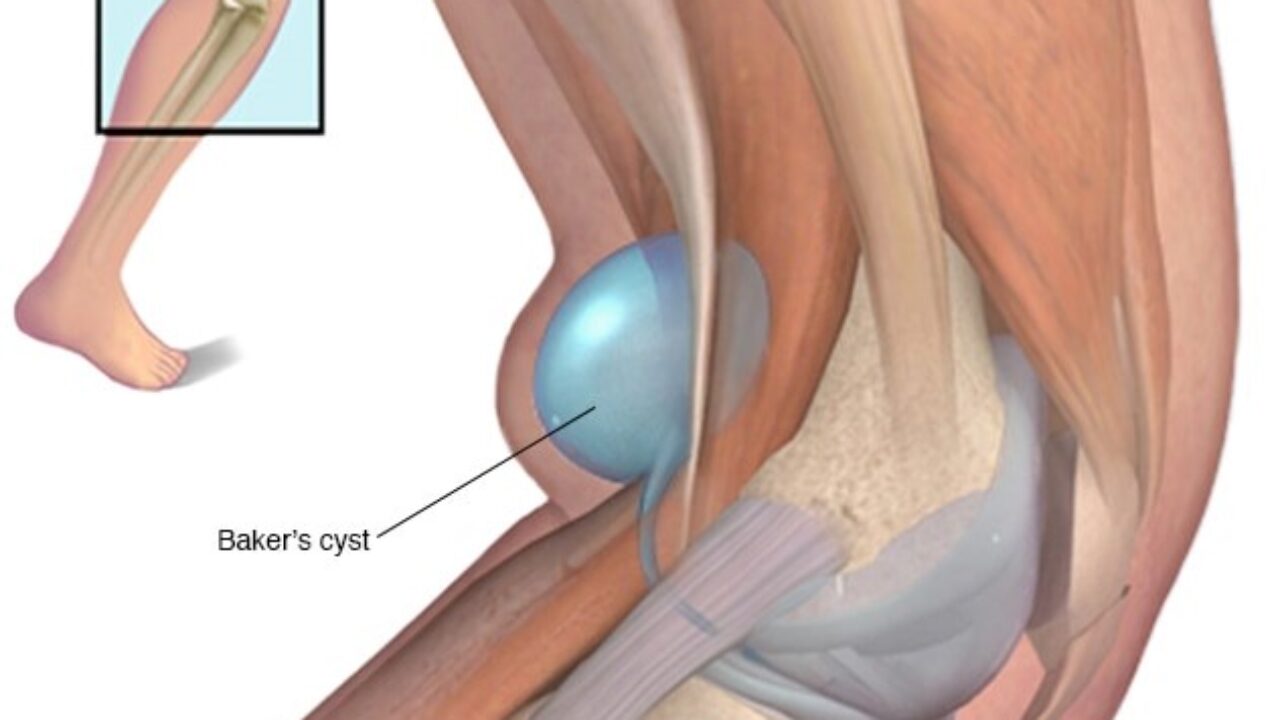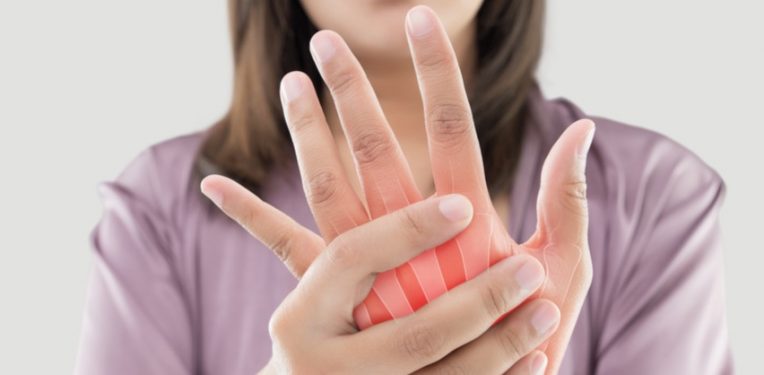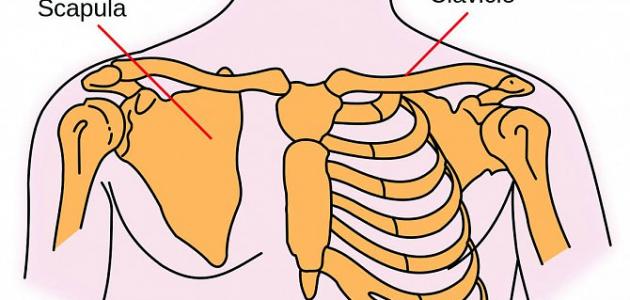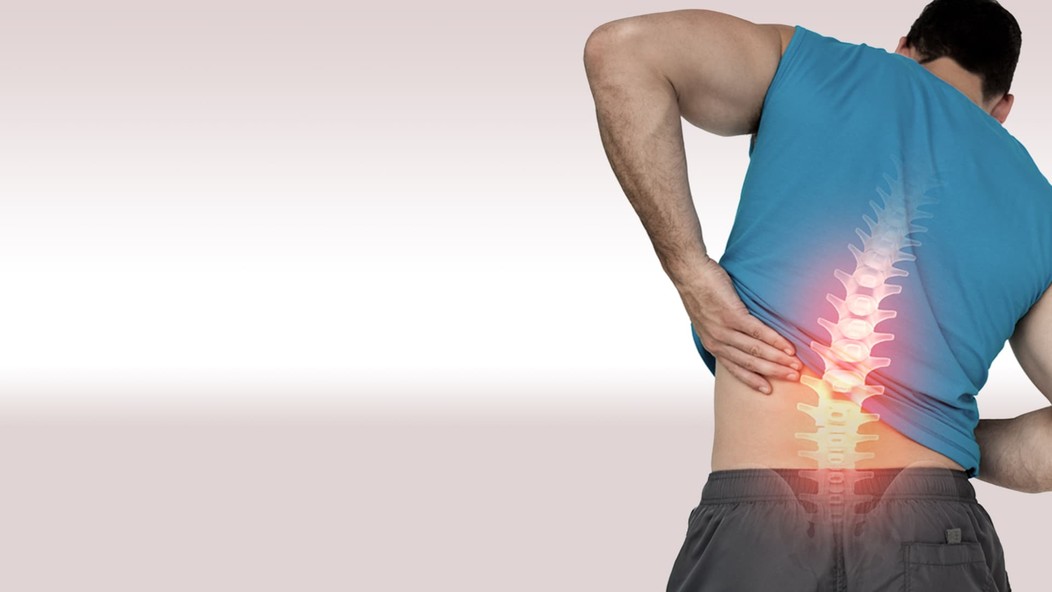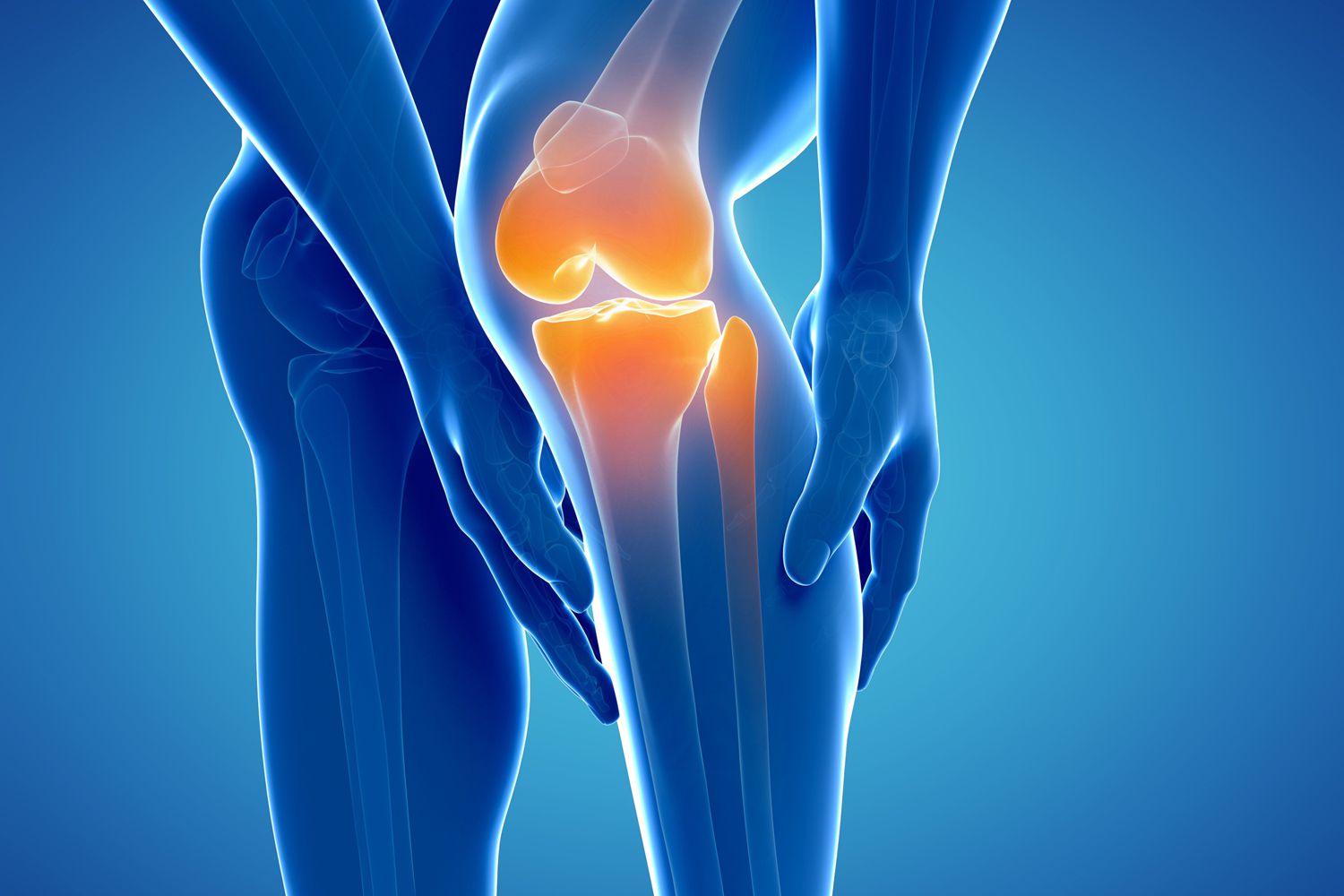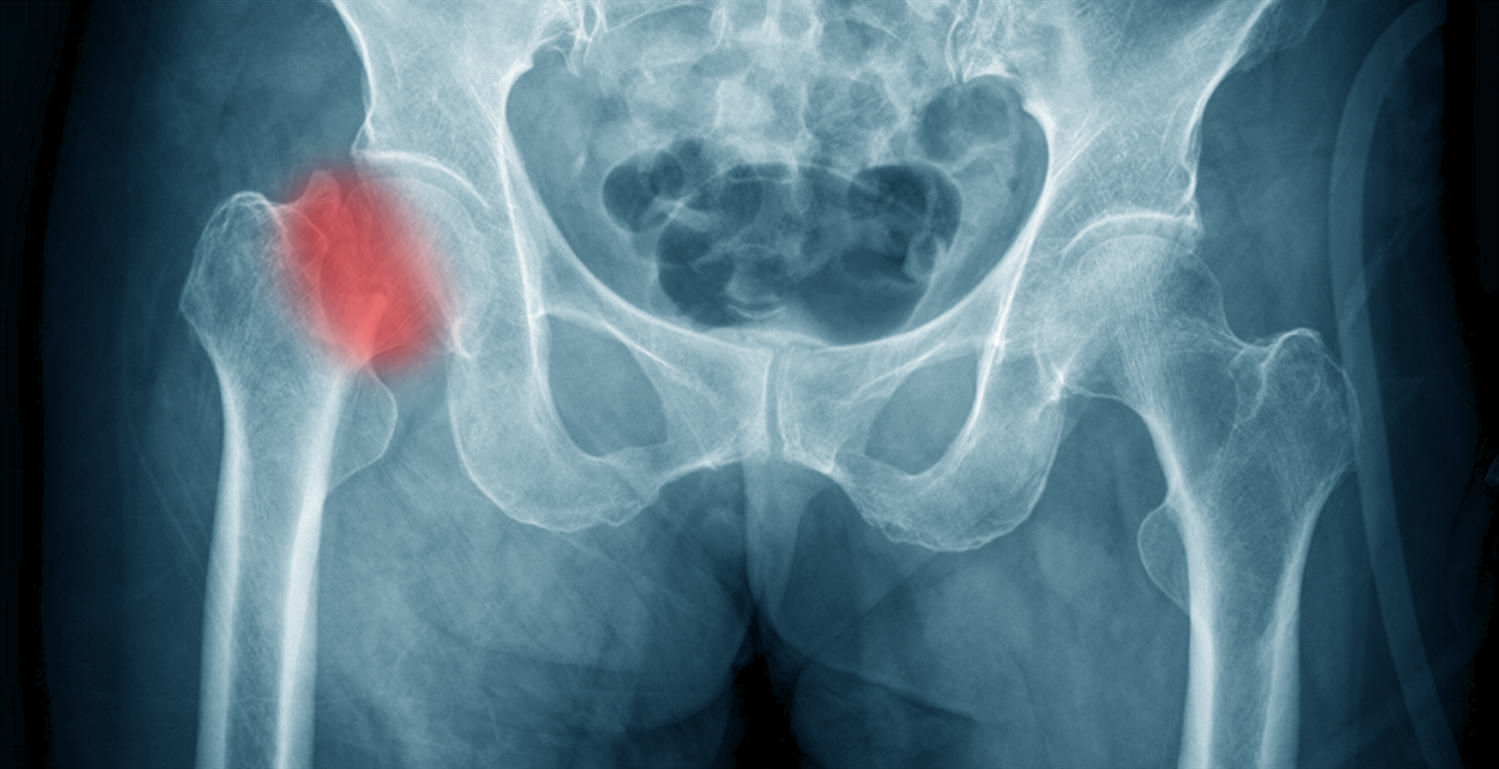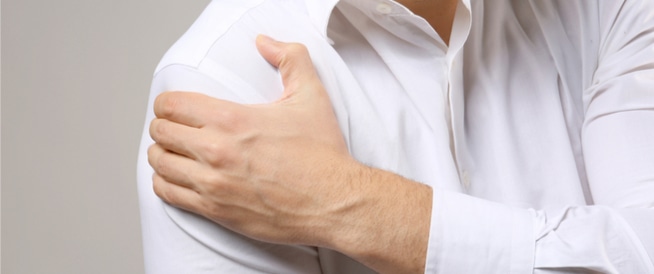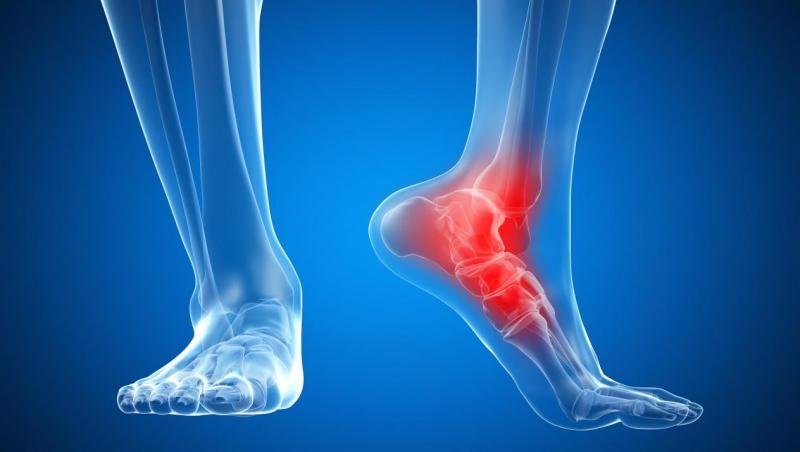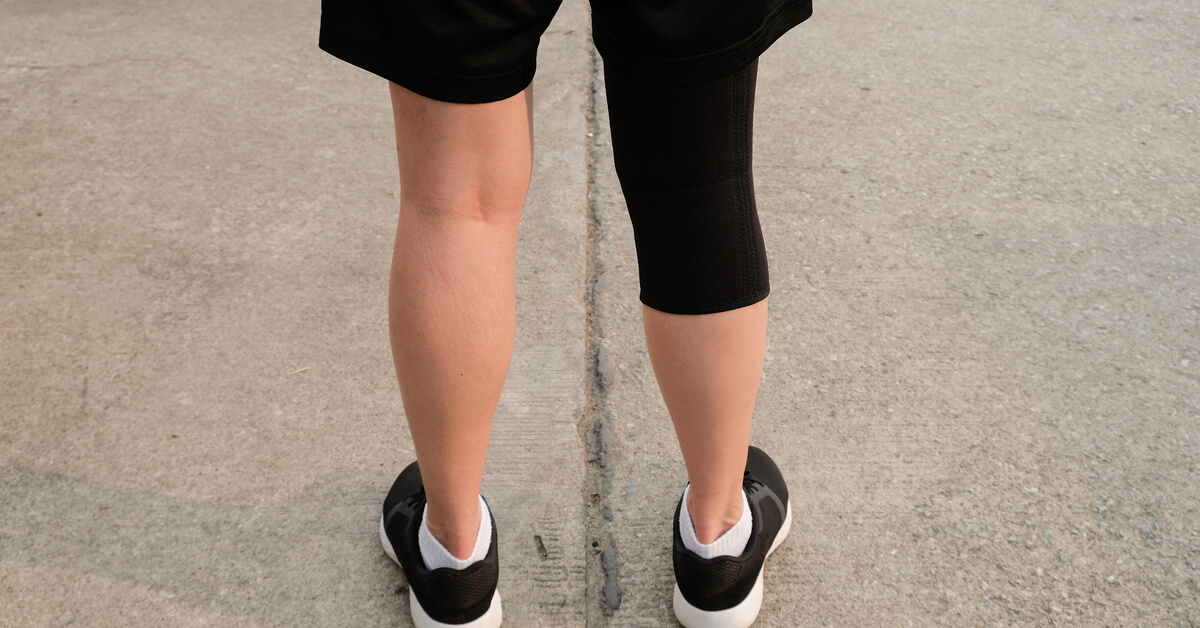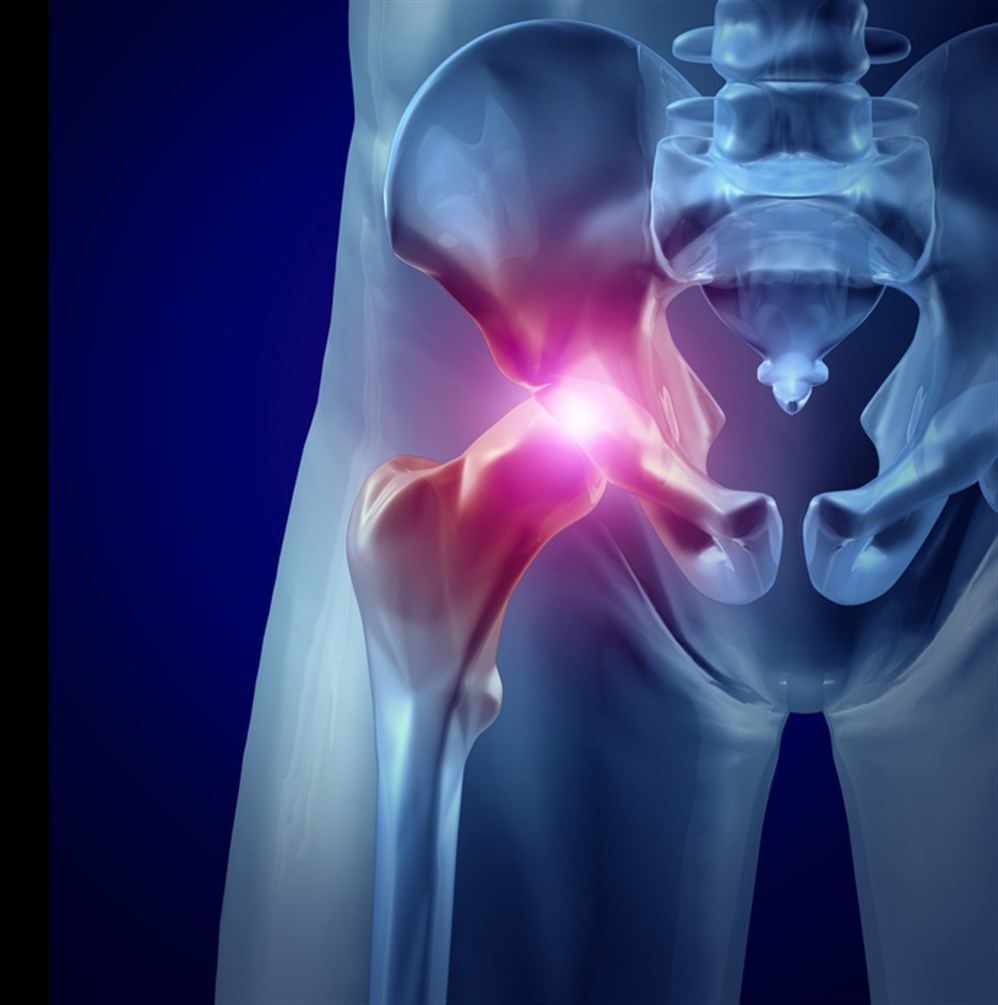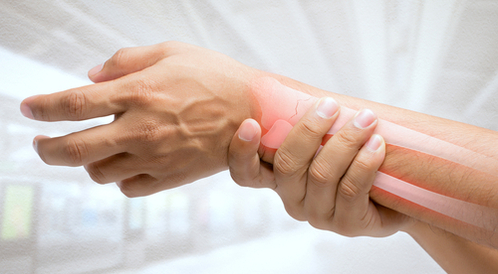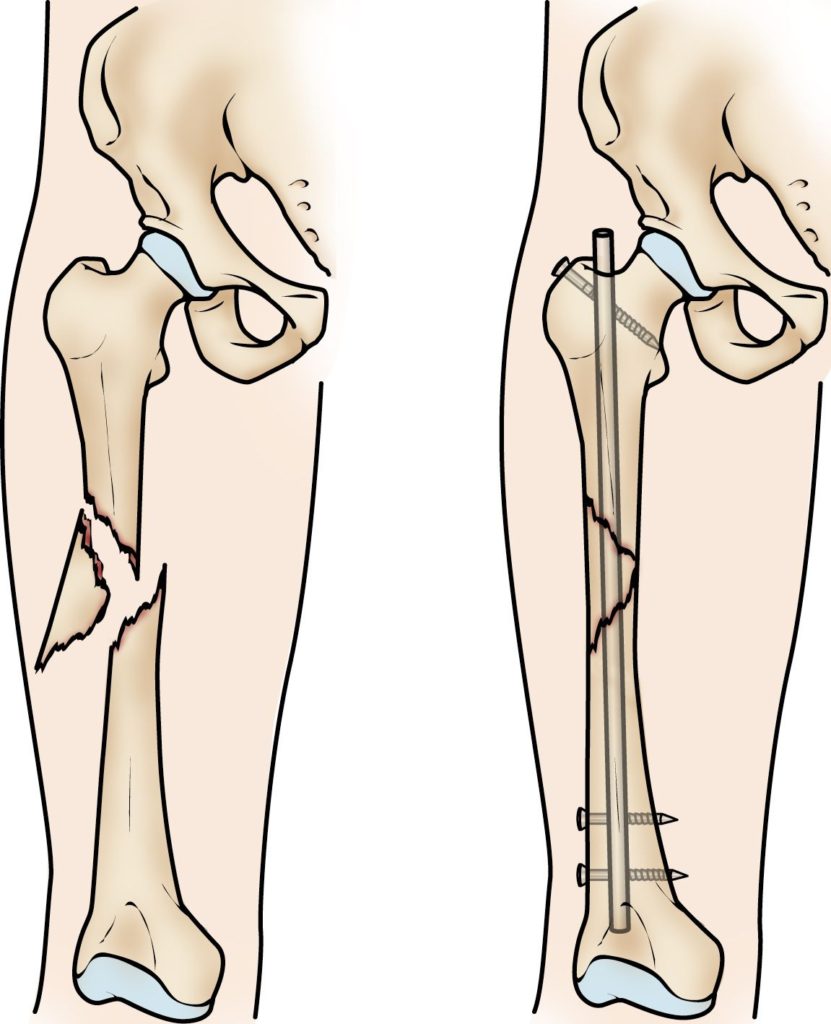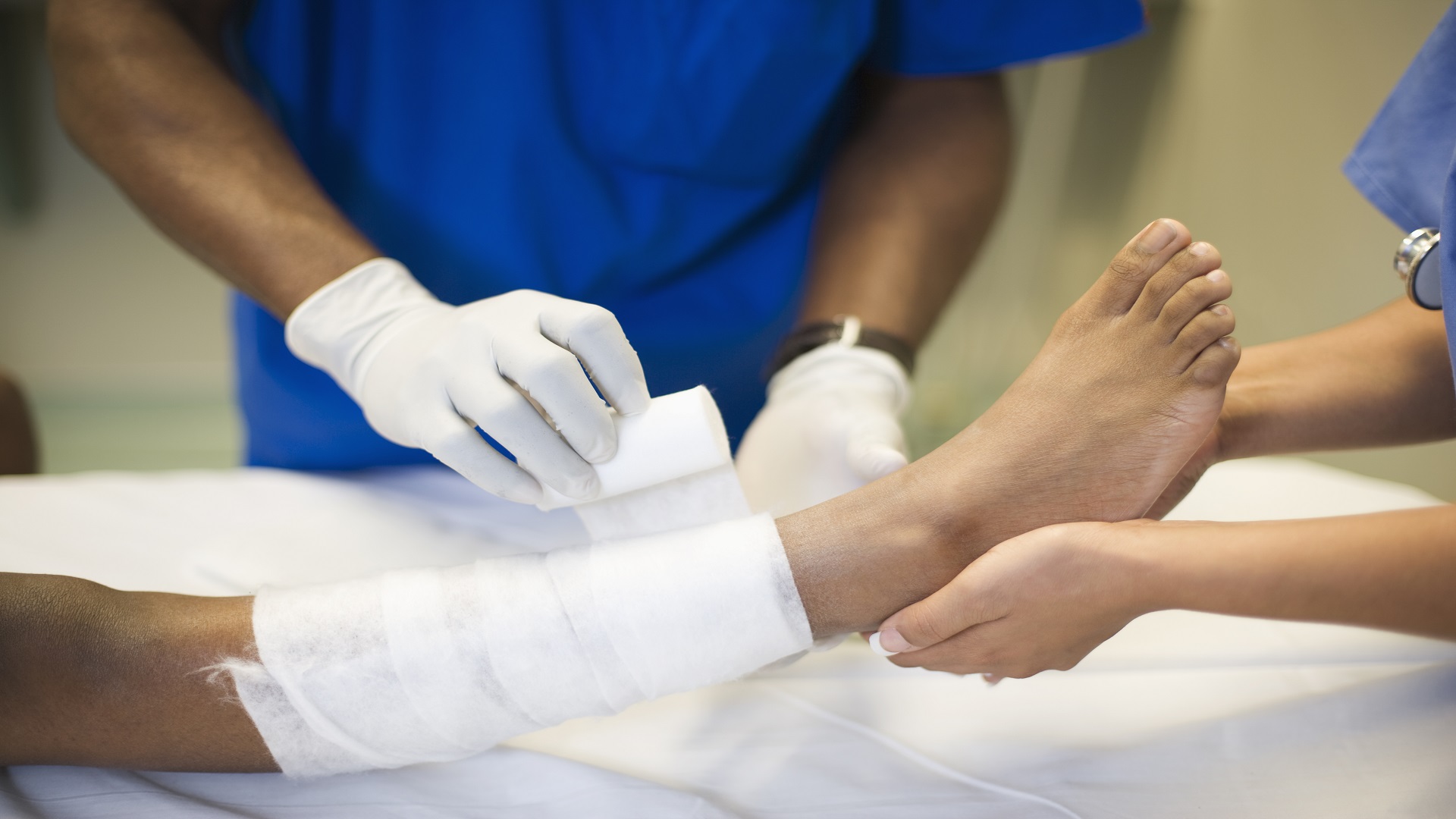?Gout and Its Main Symptoms in Women
Gout, in this article we will discuss the causes, symptoms, and treatments of gout, and provide a comprehensive understanding of the nature of this disease, including the factors that contribute to its development and how to diagnose it, as well as the available treatments, starting from the prevalent medical procedures to natural treatments and lifestyle changes that can alleviate the symptoms and reduce disease relapses.
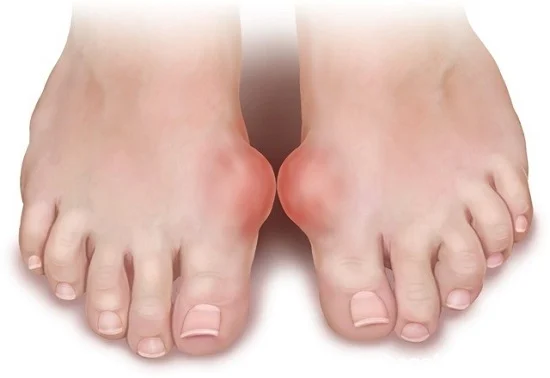
Gout
Gout is one of the most common and complex forms of arthritis, affecting anyone who may suffer from this disease. Gout is characterized by sudden, severe episodes of joint pain, swelling, redness, and increased sensitivity. This pain associated with gout prevents those affected from carrying out their daily activities normally.
Uric acid is responsible for the formation of crystals in the joints, leading to severe pain and inflammation. Therefore, those with gout should follow a healthy diet and avoid consuming foods that increase uric acid levels in the body. Additionally, it is recommended to visit a gout specialist to evaluate the condition and recommend the appropriate treatment to alleviate the symptoms and reduce the frequency of disease episodes.
What is Gout
Gout is a complex type of arthritis that can affect anyone. This disease is characterized by sudden, severe episodes of joint pain, swelling, redness, and tenderness. Gout occurs when uric acid accumulates in the joints, leading to inflammation and severe pain episodes.
Gout is usually treated by using medications that help reduce uric acid levels in the blood, and if gout is not properly treated, complications such as chronic joint inflammation can occur. Gout is a form of arthritis that causes sudden, severe episodes of joint pain, redness, and swelling.
Start your journey to recovery from gout with Dr. Amr Amal and his innovative treatment strategies.

Causes of Gout and its Treatment
Gout is a condition caused by an increase in uric acid levels in the blood, leading to the formation of uric acid crystals in the joints and surrounding tissues. The causes of gout include:
- Unhealthy diet: Consumption of protein-rich and purine-rich foods, alcoholic beverages, and foods high in saturated fats and refined sugars can increase the likelihood of developing gout.
- Obesity: Excess weight increases uric acid levels in the body and increases the risk of developing gout.
- Family history: If there have been previous cases of gout in the family, this may increase the likelihood of developing the disease.
- Medications: Some medications, such as diuretics, enzyme inhibitors, and dexamethasone, may increase the risk of developing gout.
- Chronic diseases: Chronic conditions such as high blood pressure, diabetes, and chronic kidney disease may increase the risk of developing gout.
- Stress or injury exposure: Exposure to severe physical or emotional stress, or physical injuries, may increase the likelihood of gout attacks.
These are some of the factors that can increase the likelihood of developing gout, and individuals with gout symptoms or certain risk factors should consult a doctor for diagnosis and appropriate treatment.
Symptoms of Gout in Women
Some women may suffer from gout, a disorder that affects the joints and causes sudden, severe pain episodes. Here are the main symptoms that may appear in women with gout:
- Severe joint pain: The most common symptom in women with gout is a feeling of severe pain in the joints, which may affect the big toe joint, wrist, or ankle, and can be so intense that climbing stairs or walking becomes difficult and painful.
- Swelling and redness: The affected joint may be accompanied by swelling, in addition to the appearance of a red color in the affected area, and this swelling and redness can lead to a feeling of excessive heat in the affected area.
- Difficulty in movement: Swelling and pain may affect the normal movement of the affected joint, and it may be difficult to move the different parts of the joint due to pain and swelling.
- Joint stiffness: In some cases, gout can cause joint stiffness, meaning that the joint becomes difficult to move and the patient feels restricted and unable to move the joint normally.
- Fever: Gout may be accompanied by a rise in body temperature, and the patient may experience chills or fever in addition to other symptoms.
- Skin sensitivity: Some women with gout may notice skin sensitivity in the affected areas, and the affected area may appear red and warm to the touch.
- Formation of brown deposits: In chronic gout cases, brown deposits may appear in the tissues around the affected joint, and joint fluid examination can be used to confirm the presence of these deposits.
Dr. Amr Amal: Your experience for overcoming gout and improving your quality of life.

How do you know you have gout?
- Severe joint pain: One of the main signs of gout is severe joint pain that occurs suddenly in one or more joints, and this pain usually appears in the big toe joint, but can also be felt in other joints such as the knee, ankle, hands, or wrist.
- Joint swelling: If you have gout, you may notice swelling and redness in the affected joints, and the big toe joint is usually noticeably swollen, accompanied by a feeling of excessive heat in the affected area.
- Joint redness and sensitivity: The joint affected by gout can become very sensitive and painful to the touch, and the affected joint may also appear red, which is an additional sign of inflammation.
- Worsening of symptoms: If left untreated, the sudden attacks of gout can become more severe and frequent over time, and the number of affected joints may also increase, as the constant inflammation can spread to other joints in the body.
- Elevated uric acid levels in the blood: High uric acid levels in the blood are an indicator of gout. For people with this disease, uric acid accumulates in the joints in an abnormal way, leading to inflammation and pain.
- Family history of gout: Having a family member with gout may be an influential factor in diagnosing the condition, as if you have a relative with gout, you may have a greater tendency to develop the disease.
- Medical tests: The diagnosis of gout also depends on medical tests and blood tests, and the doctor may request a joint fluid test to determine the presence of uric acid crystals in the affected joint, in addition to measuring the uric acid level in the blood.
It is important to see a doctor if you have symptoms similar to gout, as they can provide an accurate diagnosis and prescribe the necessary treatment to alleviate the symptoms and prevent recurring attacks in the future.
What food causes gout?
5 types of foods that can cause gout
- Red meat: Red meat contains a high level of purines that convert to uric acid in the body during digestion, therefore, it is recommended to reduce the consumption of red meats such as beef and lamb, especially if the person has a uric acid deficiency or suffers from elevated levels.
- Seafood: Some types of seafood contain large amounts of purines, such as sardines, anchovies, and tuna, and it is recommended to limit the consumption of these foods for people with gout problems.
- Dairy products: Some research has indicated that dairy products may increase the risk of gout, especially if they contain a high percentage of saturated fats. It is recommended to reduce the consumption of foods such as cheese, cream, and butter.
- Alcoholic beverages: Alcoholic beverages are well-known triggers for gout attacks, as they work to increase the body’s uric acid secretion and impair the kidneys’ ability to filter the acid. It is recommended to abstain from alcohol completely or limit it to the minimum.
- Legumes and starchy foods: Legumes and starch-rich foods high in carbohydrates are potential triggers for gout, as when the purines in these foods are digested, uric acid is produced, which can accumulate in the joints.
Note that the dietary regimen for gout depends on each individual’s condition, and there may be other foods that affect uric acid differently in different individuals, and it is always best to consult a doctor or nutritionist to determine the appropriate diet for you and prevent gout attacks.
With Dr. Amr Amal, enjoy a pain-free life and take control of your gout.

Is Gout a Serious Disease?
Gout is not necessarily a serious disease if the patient follows the treating physician’s instructions and pays attention to the appropriate diet. However, if the necessary treatments are ignored, gout can progress and cause serious complications, including kidney stones, which occurs due to high uric acid levels in the blood.
Additionally, gout can cause severe swelling and pain in the joints, especially in the big toe. The increase in uric acid levels in the blood leads to the formation of urea crystals in and around the joints, causing severe symptoms.
Among the factors that increase the likelihood of developing this disease are a diet rich in red meat and fatty foods, obesity, and high blood pressure. Therefore, patients suffering from these diseases should take the necessary precautions for the prevention and appropriate treatment of gout.
Dr. Amr Amal provides an integrated approach to treating gout, starting from diagnosis to recovery.
How can you get rid of gout without medication?
Gout is a condition caused by an increase in uric acid levels in the blood, leading to the formation of crystalline deposits in the joints and surrounding tissues, which causes inflammation and severe pain. While medications are the most common treatment for gout, there are also some lifestyle changes and natural remedies that can help alleviate the symptoms:
- Increase water intake: Drinking plenty of fluids is one of the important ways to get rid of gout. Consuming adequate amounts of water helps dilute the concentration of uric acid in the blood and stimulate urination to better eliminate body waste, and it is recommended to drink 8-10 glasses of water daily.
- Appropriate dietary regimen: You should avoid foods that increase uric acid levels, such as animal protein-rich foods and processed grain products, and instead focus on consuming fruits, vegetables, and whole grains.
- Consume cherries: Cherries and cherry juice are considered beneficial for the natural treatment of gout, as they contain compounds that work to reduce uric acid deposits in the joints, and it is recommended to consume a serving of cherries or tart cherry juice 3 times a day to reduce the risk of gout by up to 35%.
- Maintain a healthy weight: Obesity is a contributing factor in increasing the frequency of gout attacks, so maintaining a healthy weight through a healthy diet and regular physical activity, such as walking or cycling, is recommended.
- Avoid alcoholic beverages: Avoiding the consumption of alcoholic beverages is important in the treatment and prevention of gout, as alcohol intake increases uric acid levels and irritates inflamed joints.
These simple lifestyle changes and tips may be helpful in alleviating gout symptoms and preventing painful attacks, but consulting a doctor is necessary before making any changes to the dietary regimen or lifestyle, as there may be cases that require appropriate medical treatment.

Best Gout Doctor in Egypt
Dr. Amr Amal is considered the best doctor for treating gout cases in Egypt, and Dr. Amr Amal is one of the best orthopedic surgeons and consultants in Egypt, distinguished by his extensive experience and deep knowledge in this field.
Thanks to his vast experience, Dr. Amr Amal is known for his ability to successfully diagnose and treat gout cases, and in order to ensure patients’ comfort and recovery, Dr. Amr recommends taking anti-inflammatory medications such as ibuprofen and indomethacin.
Regarding surgical procedures to treat complex gout cases, Dr. Amr Amal is an expert in orthopedic surgery and has extensive experience in performing all types of surgeries necessary to treat knee osteoarthritis, hip replacement, and back pain, including arthroscopic treatment of herniated discs.
Dr. Amr Amal is distinguished by his high technical skills in surgical procedures, in addition to his dedication to providing specialized and personalized care for each patient. Dr. Amal is also keen to provide professional and comprehensive medical advice to patients to ensure their understanding of the nature of the disease and the available treatment options.

